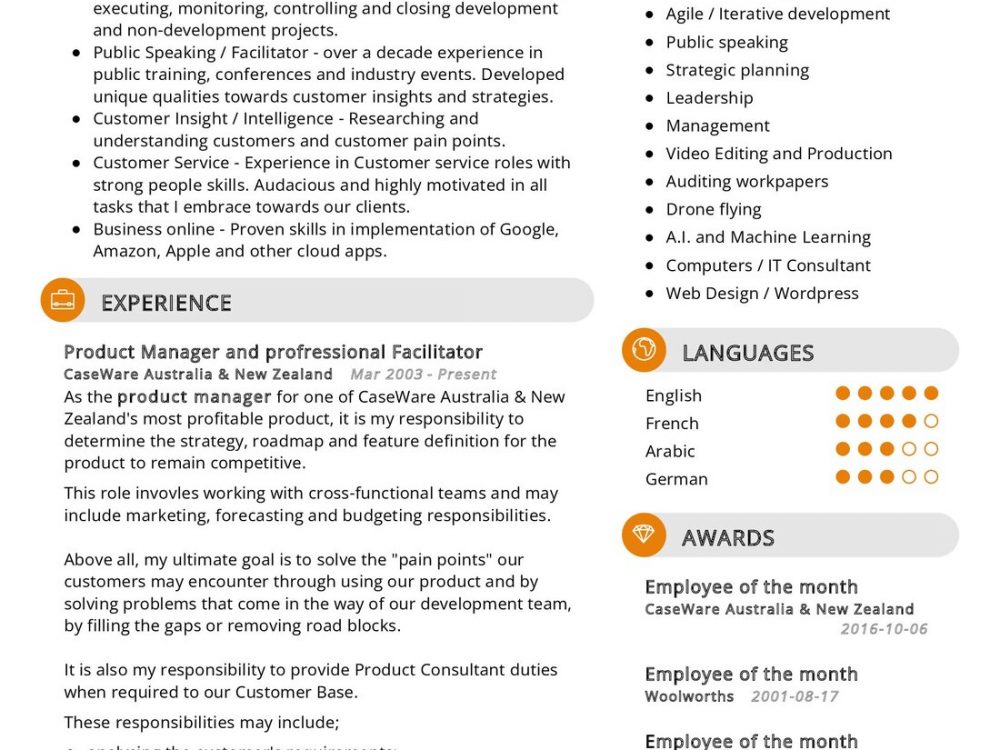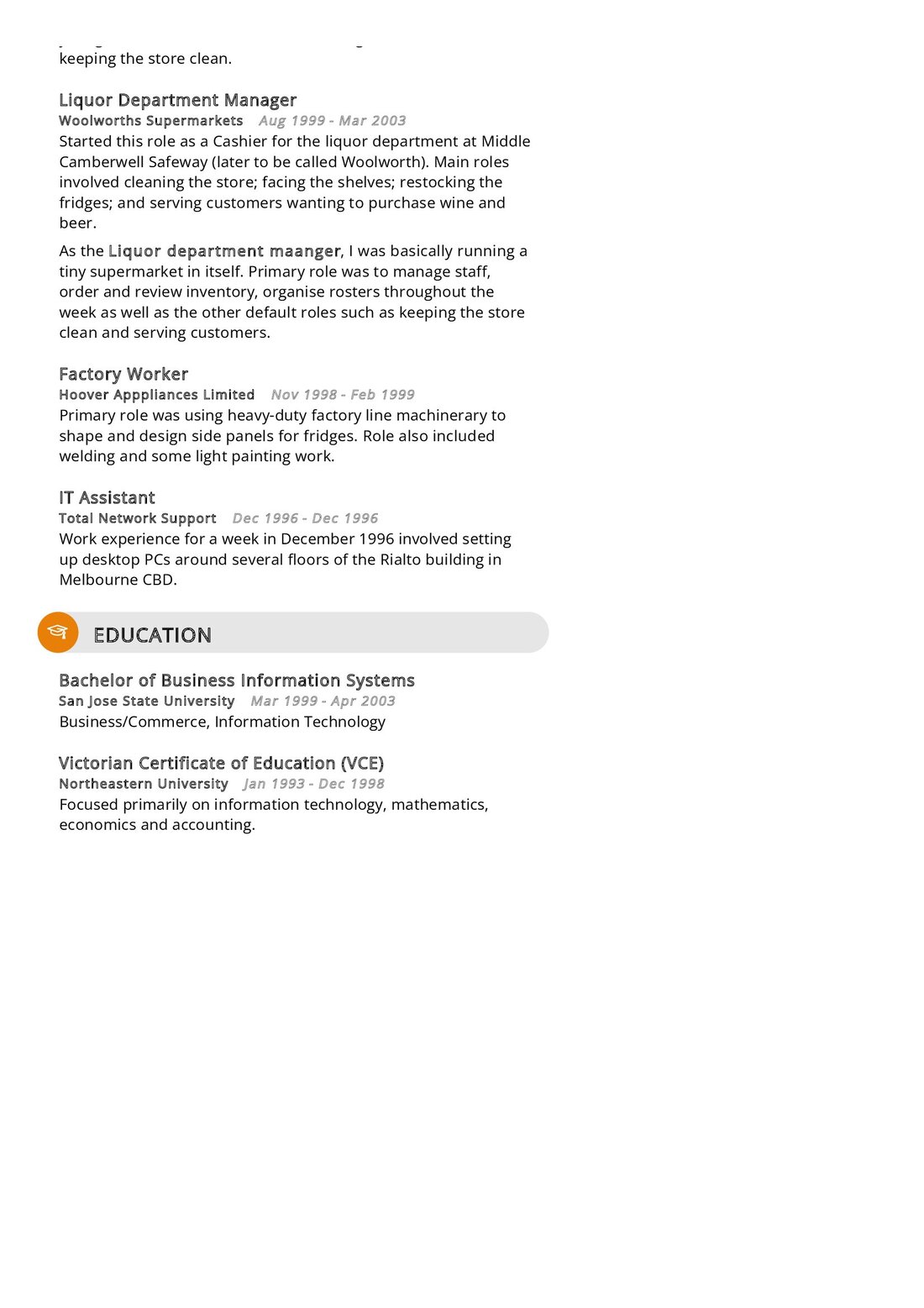What is the Role of a Professional Facilitator?
In the dynamic world of business and organizational development, the role of a Professional Facilitator stands out as a beacon of collaboration and effective communication. But what exactly does a Professional Facilitator do? Let’s dive deep into this intriguing role.
A Professional Facilitator is akin to a conductor of an orchestra, ensuring that every participant or team member is heard, understood, and aligned towards a common goal. They design and guide processes, enabling groups to collaborate, make decisions, and achieve desired outcomes. Whether it’s a brainstorming session, a strategic planning meeting, or conflict resolution, a Professional Facilitator ensures that the process is smooth, productive, and goal-oriented.
What are the Professional Facilitator Job Requirements?
Being a Professional Facilitator is not just about understanding group dynamics; it’s about mastering them. Here are some of the essential requirements for this role:
- A Bachelor’s degree in Business, Psychology, Communication, or a related field. Some roles might require advanced degrees or certifications in facilitation or organizational development.
- Strong understanding of group dynamics, conflict resolution techniques, and collaborative methodologies.
- Exceptional communication skills, both verbal and non-verbal.
- Experience in designing and leading workshops, meetings, or group sessions.
- Empathy, patience, and the ability to remain neutral in discussions.
- Continuous learning mindset, staying updated with the latest facilitation techniques and tools.
Additional certifications from organizations like the International Association of Facilitators can further enhance your credibility in the field.
What are the Responsibilities of a Professional Facilitator?
The responsibilities of a Professional Facilitator are as diverse as the groups they work with. Here’s a glimpse into their multifaceted role:
- Designing and planning group sessions tailored to the specific needs of the organization or team.
- Guiding groups towards achieving their objectives, ensuring active participation and effective communication.
- Managing conflicts and ensuring a positive, collaborative environment.
- Providing feedback and insights post-session to help teams or organizations improve.
- Staying updated with the latest facilitation tools, techniques, and best practices.
- Training and mentoring junior facilitators or team members in facilitation techniques.
Each responsibility is a testament to the pivotal role a Professional Facilitator plays in fostering collaboration and ensuring effective communication within teams and organizations.
Professional Facilitator Resume Writing Tips
Creating a compelling resume as a Professional Facilitator is about showcasing your expertise in guiding groups, your understanding of group dynamics, and your ability to foster collaboration. Here are some tips to help you craft that perfect resume:
- Highlight specific sessions or workshops you’ve facilitated, detailing the challenges faced and the outcomes achieved.
- Emphasize your understanding of various facilitation techniques and tools.
- Include any feedback or testimonials from teams or organizations you’ve worked with.
- Detail any training or mentoring roles you’ve taken up to help others in facilitation.
- Personalize your resume for the specific role, ensuring alignment with the job description.
Remember, your resume is your story. Make it engaging, authentic, and reflective of your expertise.
Professional Facilitator Resume Summary Examples
Your resume summary is your elevator pitch. Here are some examples to inspire you:
- “Experienced Professional Facilitator with a decade of expertise in guiding diverse teams towards collaborative outcomes. Skilled in conflict resolution and group dynamics.”
- “Dedicated Professional Facilitator with a passion for fostering effective communication. Proven track record in designing and leading impactful sessions for global organizations.”
- “Dynamic Professional Facilitator with a knack for understanding and managing group dynamics. Committed to continuous learning and adopting the latest facilitation techniques.”
Each summary offers a snapshot of your journey, skills, and the value you bring to the table.
Create a Strong Experience Section for Your Professional Facilitator Resume
Your experience section is where your facilitation journey comes to life. Here are some examples to guide you:
- “Facilitated strategic planning sessions for a Fortune 500 company, leading to a 20% increase in team productivity.”
- “Designed and led conflict resolution workshops for a global team, resulting in improved team dynamics and collaboration.”
- “Mentored junior facilitators, sharing best practices and insights from years of experience.”
Each experience is a testament to your skills, expertise, and the impact you’ve made.
Professional Facilitator Skills for Your Resume
Being a Professional Facilitator is about mastering both hard and soft skills. Here’s a breakdown:
Soft Skills:
- Effective Communication
- Empathy
- Conflict Resolution
- Active Listening
- Neutrality
Hard Skills:
- Workshop Design
- Group Dynamics Understanding
- Facilitation Tools Proficiency
- Feedback Analysis
- Continuous Learning
Each skill is a testament to your expertise and your commitment to fostering collaboration and effective communication.
Most Common Mistakes to Avoid When Writing a Professional Facilitator Resume
While crafting your resume, avoid these common pitfalls:
- Using a generic template. Customize your resume for the specific facilitator role you’re applying for.
- Overloading with jargon. Keep it clear and concise.
- Not showcasing specific outcomes or feedback from your facilitation sessions.
- Ignoring continuous learning. Highlight any courses or certifications you’ve pursued.
Key Takeaways for Your Professional Facilitator Resume
As we wrap up, let’s recap the essentials:
- Emphasize your expertise in group dynamics and facilitation techniques.
- Highlight specific sessions or workshops you’ve facilitated and their outcomes.
- Include feedback or testimonials to add credibility.
- Stay updated with the latest in facilitation and showcase this continuous learning on your resume.
With these insights, you’re well-equipped to craft a compelling resume that showcases your journey, skills, and the value you bring as a Professional Facilitator.
Finally, to further enhance your application, feel free to utilize resources like AI Resume Builder, Resume Design, Resume Samples, Resume Examples, Resume Skills, Resume Help, Resume Synonyms, and Job Responsibilities to create a standout application and prepare for the Professional Facilitator job interview.
With the right tools and insights, you’re poised to make a lasting impression and embark on a fulfilling journey as a Professional Facilitator. Best wishes on your career path!



